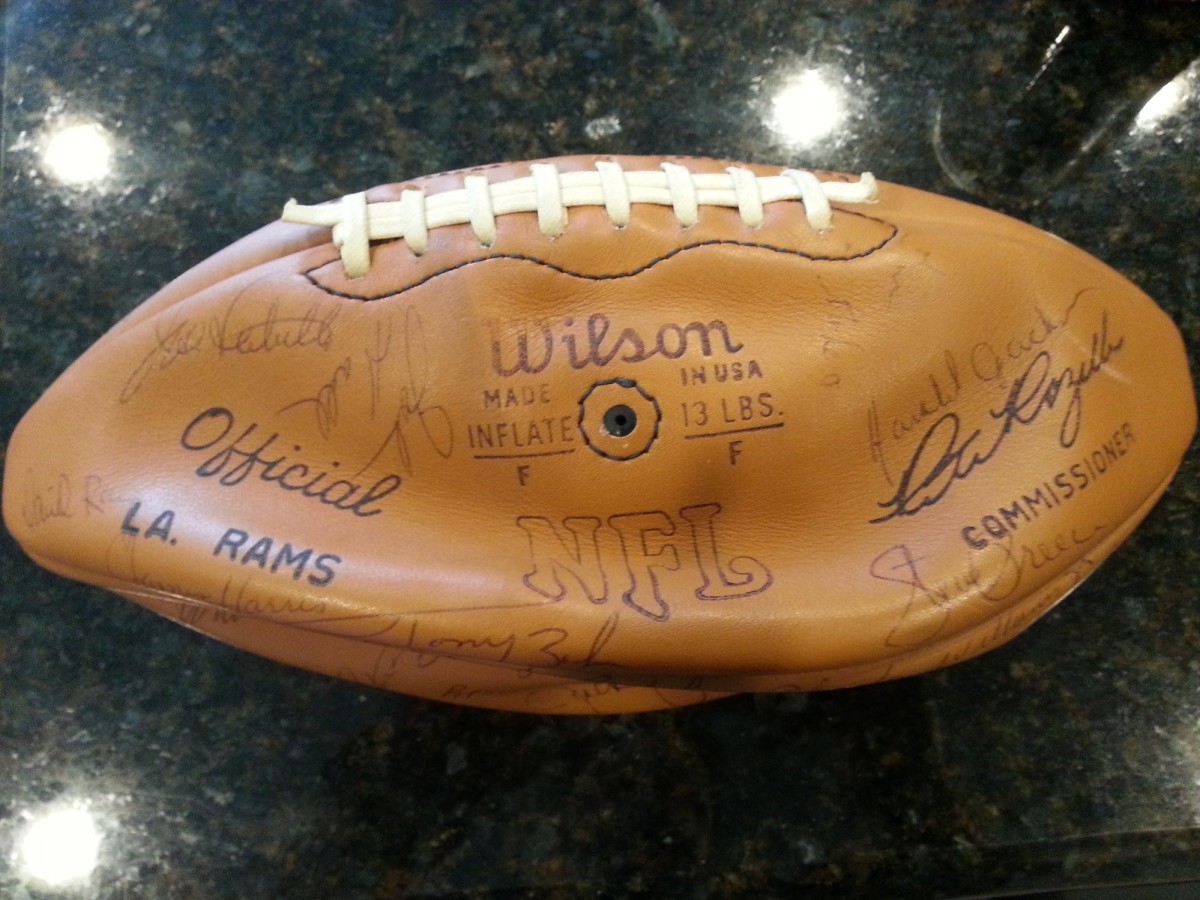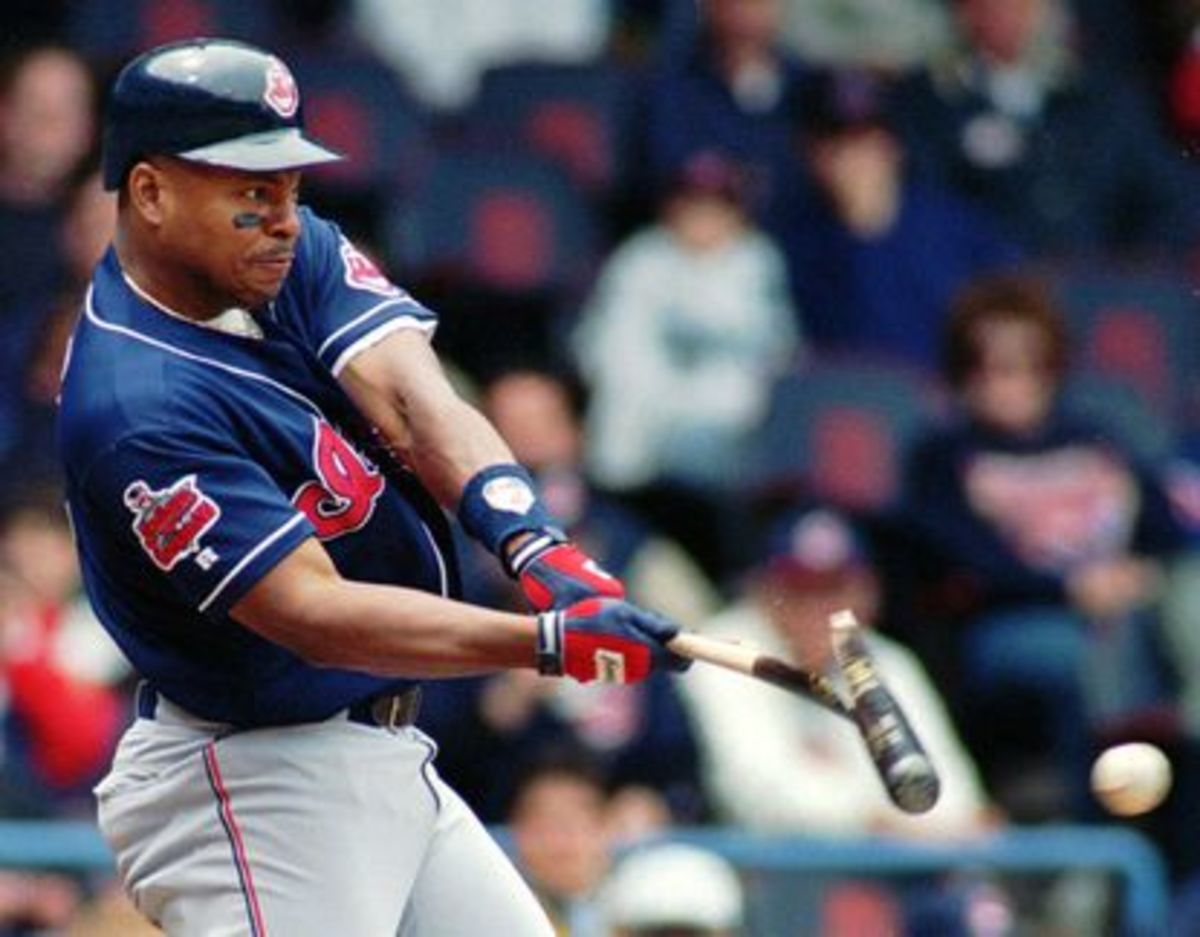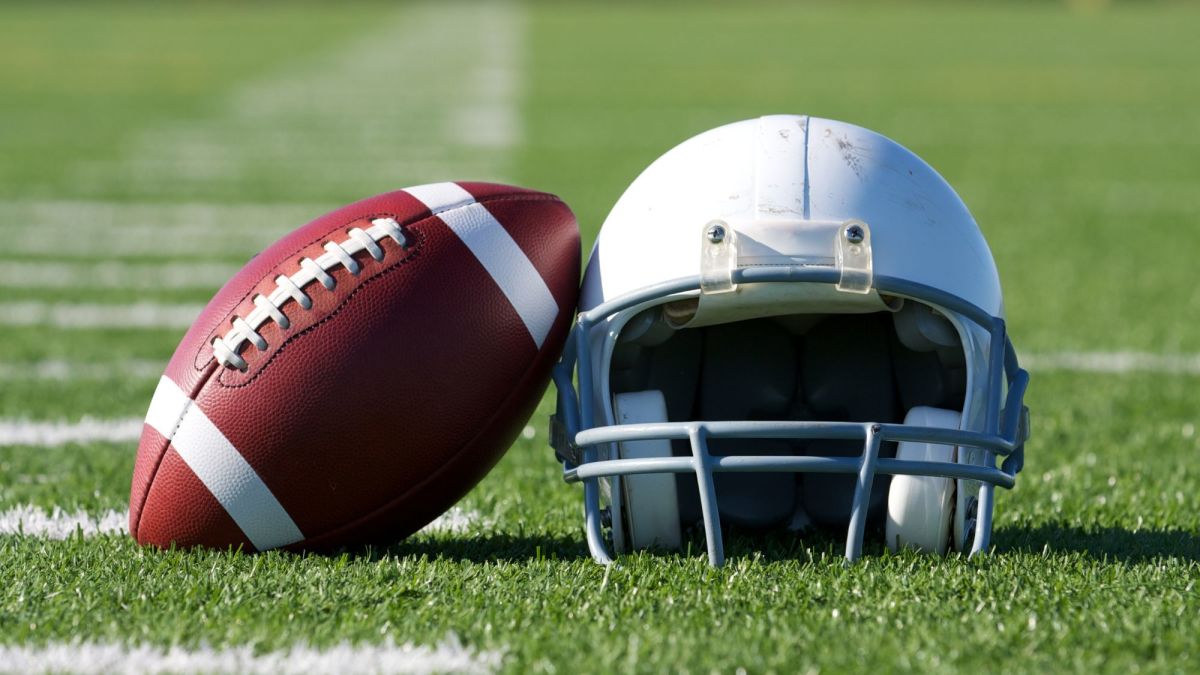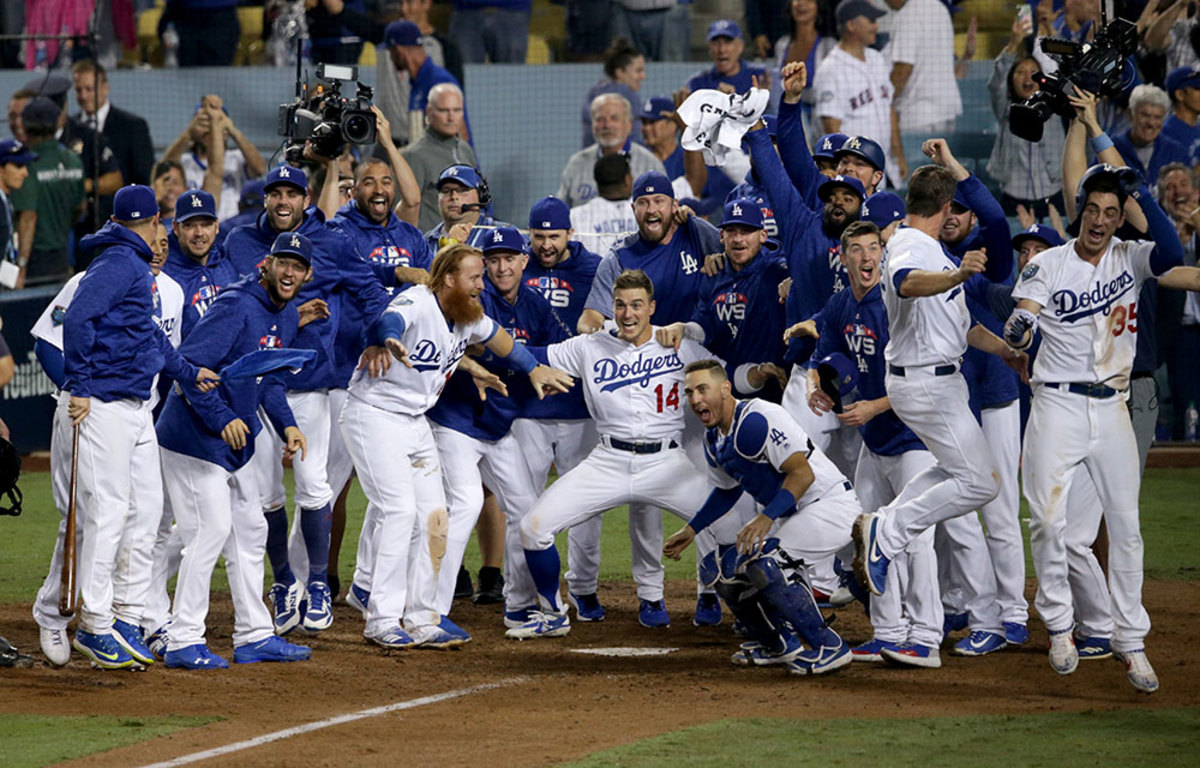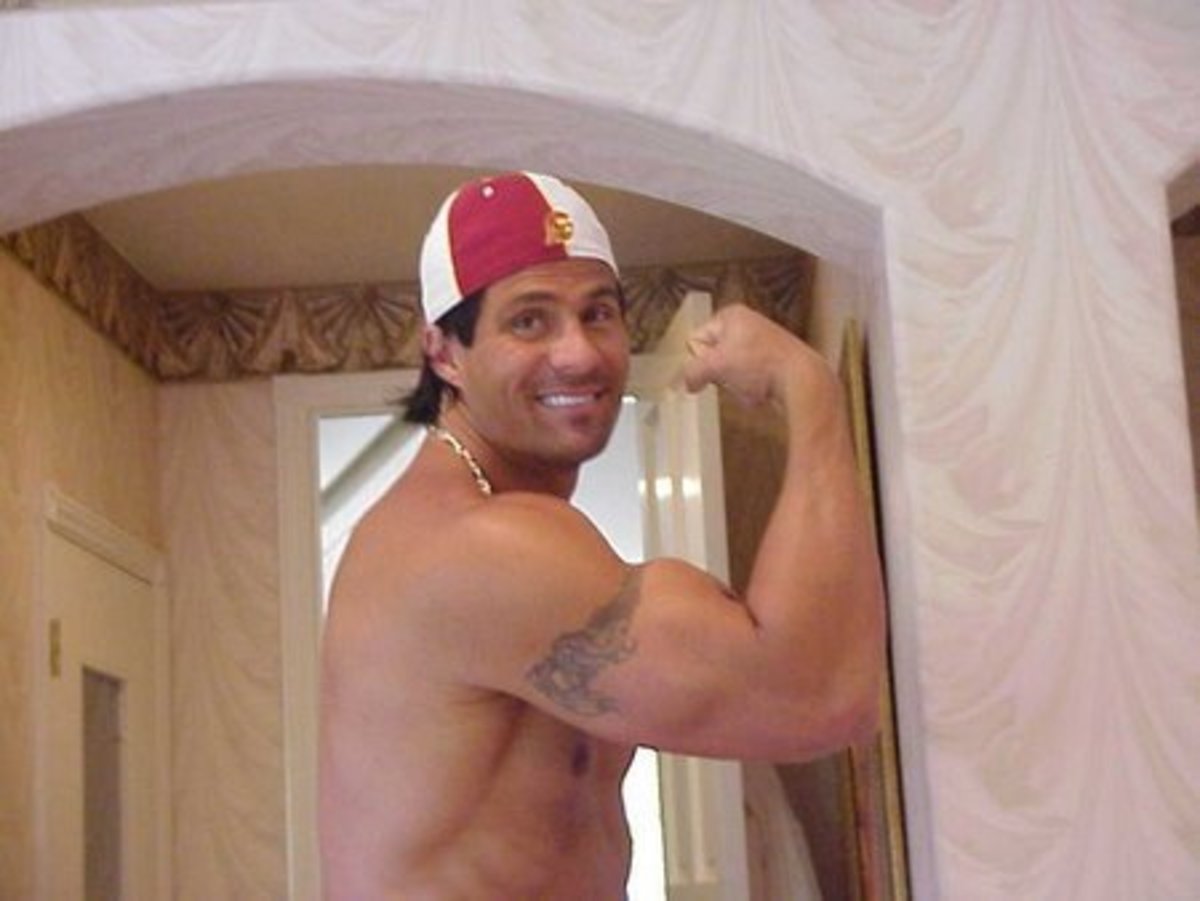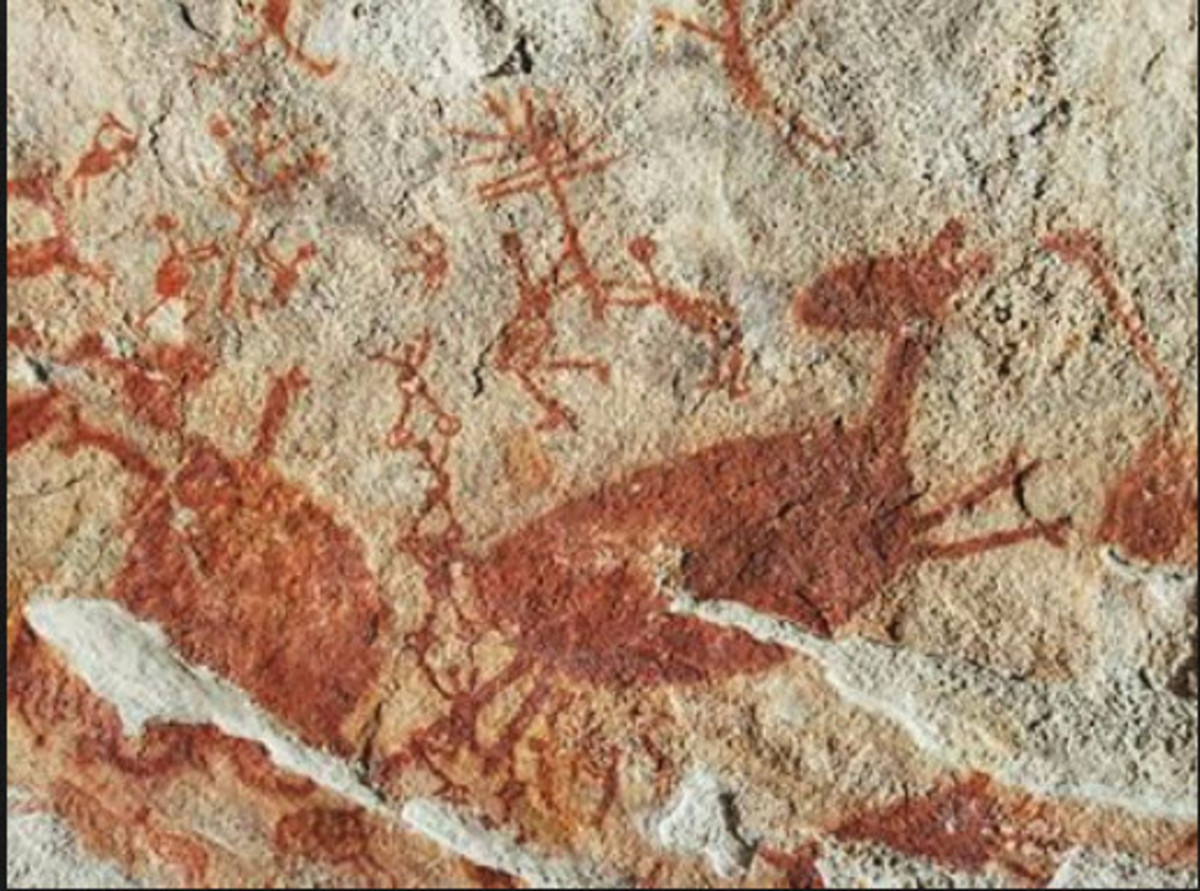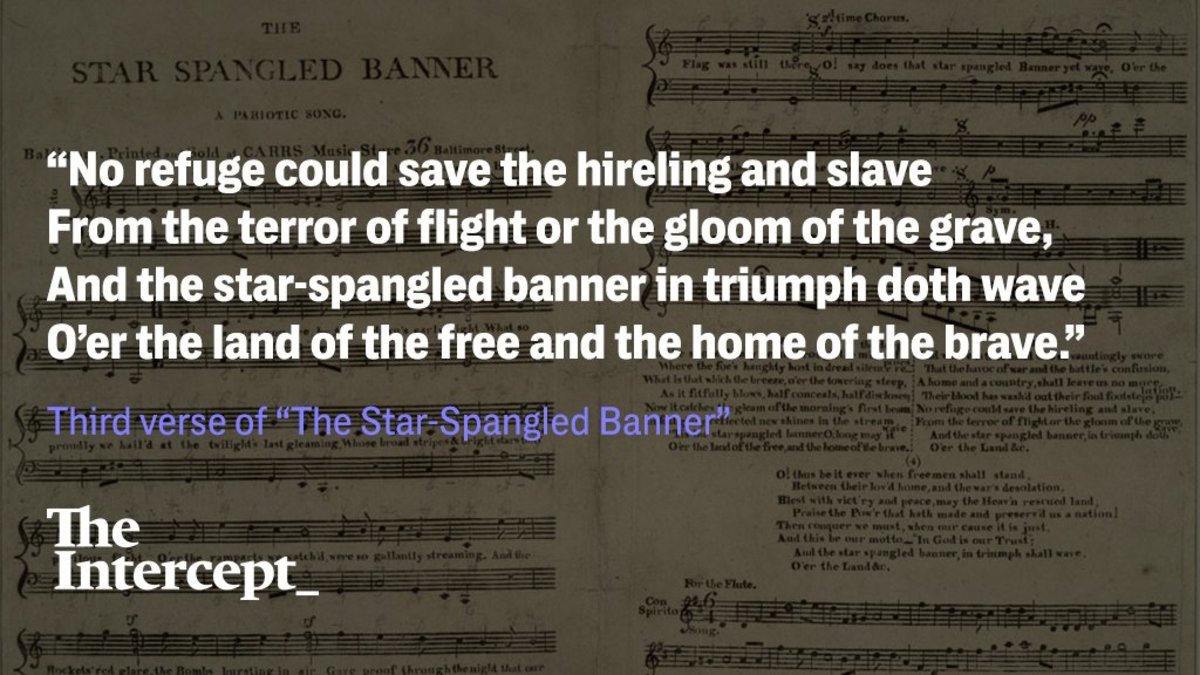Should the NFL Allow Anthem Protests?

The NFL Anthem Debate
I honestly never planned to cover this issue, so much had already been said and I felt this was something that would not remain in the News cycle for very long. It seems I really misjudged that one.
One of the reasons I chose to stay out of the Anthem Debate was due to the controversial aspect of the whole thing. Now that we are two years into the story, I feel that it is time for me to weigh in with my opinion. After all, opening up about feelings and having dialogue is how we solve problems.
Why Are The Players Kneeling For The Anthem?
The National Anthem Protests began during the 2016 preseason, when San Francisco 49ers Quarterback Colin Kaepernick decided to remain seated during the pre-game Anthem. Shortly afterwards, the story began doing the rounds on social media and news outlets picked up on the story.
The stated reasons behind Kaepernicks choice was to bring attention to the oppression of African-American citizens and the killing of unarmed African-Americans at the hands of law enforcement. Kaepernick wanted to give a voice to those who couldn't speak for themselves.
"I am not going to stand up to show pride in a flag for a country that oppresses black people and people of color," Kaepernick said, via NFL.com.
After the first few pre-season games, several other players began kneeling during the Anthem, in support of Kaepernick's message. The movement continued to gain steam as the regular season began, on Sunday, September 11th, 2016, the anniversary of 9/11.
As the season progressed, the number of players kneeling for the Anthem continued to grow. Despite the continued insistence by the players that the protests were not anti-American, or anti-military, frustrations among fans and the general public also began to grow.
The Public Debate Grows
In September of 2017, President Trump sent out a series of tweets criticizing the protests and suggesting that the protesting the Anthem should be fired. This, of course, further intensified public debate and the different viewpoints became very polarized. Everybody had an opinion and there was no in-between. Also, the number of players taking part in the silent protests further inceased.
On the one side, you have those who support the Anthem Protests and feel that it is an important message that must be made. They make the argument that stopping the protests would be a violation of the player's First Amendment rights, another example of oppression against minorities.
On the other hand, you have those who feel that the protests are disrespectful to members of the military and law enforcement. These individuals feel that America is a great country that provides more freedom for all people, regardless of race, gender, or religion. They feel that the National Anthem is the wrong forum for these protests.
For the sake of keeping this hub from becoming too long, I am not going to go into detail on the merits of the protests themselves, I will leave that to others. Instead, I will focus on whether or not the protests should be allowed.
Are The Protests Protected by the First Amendment?
This is a viewpoint that is brought up quite often, but it is a tricky one to answer. Although the First Amendment does grant the rights of free speech and peaceful protest, we must remember that NFL players are employees, in uniforms and on the job. Most Americans are unable to take part in protests while on company time, being a professional athlete does not grant players special rights.

During the first two seasons, the NFL (employer) allowed the protests to continue. The league offered support for the players using their platform to bring about social change, they stood behind the players. Although a few within the league criticized the kneeling players, the primary debate was taking place outside the league, among the fans and news media.
However, this was still not a First Amendment debate. The NFL was alright with the actions taken by the players and criticism of the kneeling did not amount to a violation of free speech. Still, this did not prevent some supporters of the protests from making such claims.
NFL Ratings Fall
The 2017 NFL season saw a decline in ratings. Some have made claims that the ratings drop was a backlash from fans upset about the Anthem Protests, while others cited various reasons for the decline. Although we may never know the cause and the league downplayed the significance, it certainly caught the attention of team owners.
During the off-season meetings following the 2017 season, team owners and league officials decided to require players to stand for the National Anthem. The new rules do allow players the option to remain in the locker room during the Anthem, which seems to indicate that the league is attempting to find a compromise between the Anthem Protests and the negative publicity.
At the end of the day, the NFL is in the entertainment business and without the fans, there is no league. Therefore, it is important that the league takes the concerns of the fans into consideration and finds a happy medium. Perhaps this could be accomplished by encouraging players to get more involved in the community.
In Conclusion
During the last two seasons, players kneeling for the Anthem has become a dominant storyline in the NFL. It is a mostly negative image that is hurting the league. Some will say that the protests are drawing attention to a serious problem in the African-American community, but fair or not, that is not the message the general public is receiving.
The Players should look for a more effective method of getting their message across. If they are truly concerned about the issues, then they must be concerned that the public is talking about disrespecting the flag, instead of the issues in the African-American community. Their protests are not bringing the desired results and their approach should be altered.
© 2018 Christopher J Wood

